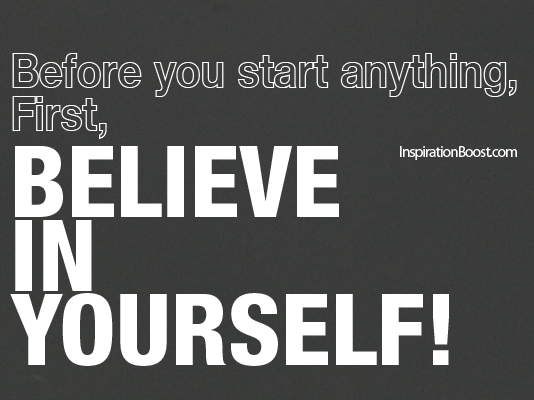"Now to him who is able to do far more abundantly than all that we ask or think, according to the power at work withing us, to him be glory in the church and in Christ Jesus throughout all generations, forever and ever. Amen." (Ephesians 3:20-21)
As of today, Not Just a Teen has existed for two years! These past years have been an incredible journey for me as I have grown closer to my Heavenly Father. In looking back over Not Just a Teen's history, I can't help but to see a story of God's overwhelming grace. If you care to join me, I'll share that story with you.
In a way, I suppose, you could say that Not Just a Teen began more than just two years ago. It has, in reality, been a story nearly four years in the making, and it began when I came to know Jesus Christ as my Lord and Savior.
Growing up, I had always thought myself to be a Christian. I believed in Jesus. I was the "spiritual giant" of my church's youth - or so I was called. I did more than most Christian youth ever do. But I had never done one thing:
ask Christ into my heart. It took a year-long period of sinful struggle that brought me crashing to my knees before I realized that I still lacked His salvation, and that I could amount to nothing without His redeeming power.
But this story is more than just my personal testimony, so we'll move on. About a year and a half after being saved, I was beginning to feel a strong burden for my generation of teens, especially for those in the Church who weren't growing in their faith - or who hadn't even been born again at all.
On top of this, a number of questions probed my mind:
What if I died tomorrow? Who would know my heart's cry for my culture? Would anyone even know I gave it a thought? What evidence would there be of this faith that I hold? What would my legacy be? Would I just be remembered by my peers for my sense of humor or my knowledge? It was out of these questions that Not Just a Teen was born.
Ever since I wrote the
first post, I have seen God work in amazing ways. I have been blessed to write over 40 posts, spanning from topics of
purity,the
church, and
motivational quotes to colorful
allegories and
metaphors pertaining to scripture. Some have been entertaining, some have been written with a heavy heart, but all have been written out of lessons that the Lord, by His grace, has taught me personally.
One of the most notable posts was "
Those Who Were Different: A Lesson from Hershey Park," a story from my own life pointing out the need for guys to appreciate girls who dress modestly. This post was unique, though. I had submitted it to one of my favorite blogs,
The Rebelution, for them to post on their site. I explicitly remember kneeling, trembling, praying that God would use the post to touch at least one - just one - life.
The response was not what I had anticipated, to say the least. When the story was posted on The Rebelution, it was immediately met with dozens upon dozens of people reviling me personally, and even Christians in general, for being legalistic, hateful, judgmental, and even sexually-obsessed. The post was woefully misinterpreted, even by some of those in support of it.
Although many people responded harshly, there were also many who were encouraged. And while the "slander" was small in comparison to the trials of many faithful believers, God was able to use it to open my eyes in compassion to the fact that many people - even Christians - have been deeply hurt by false views of Christian beliefs, modesty simply being one of them.
This was just one example of God's work through Not Just a Teen. There have been many other posts that have challenged, uplifted, and instructed youth and adults alike. I am inexplicably grateful for this, and I am hopeful for what the Lord is yet to do.
As I look back over the posts I have written, I am utterly humbled by what Jehovah has done. Even to this day, the recurring themes of Not Just a Teen - sacrificing our all, aligning our lives to His Word, letting Christ flow through us and express Himself through our actions - still resonate in the posts.
I don't know what God has in store for me and this blog in the future, but I do know that He has shown His power to do mighty things. So now, I shall walk with Him each day in obedience and love, knowing that it is only in The Almighty that we can have any hope to bring a lost and dying world to its Wonderful, Merciful, Compassionate, and Benevolent Creator.









